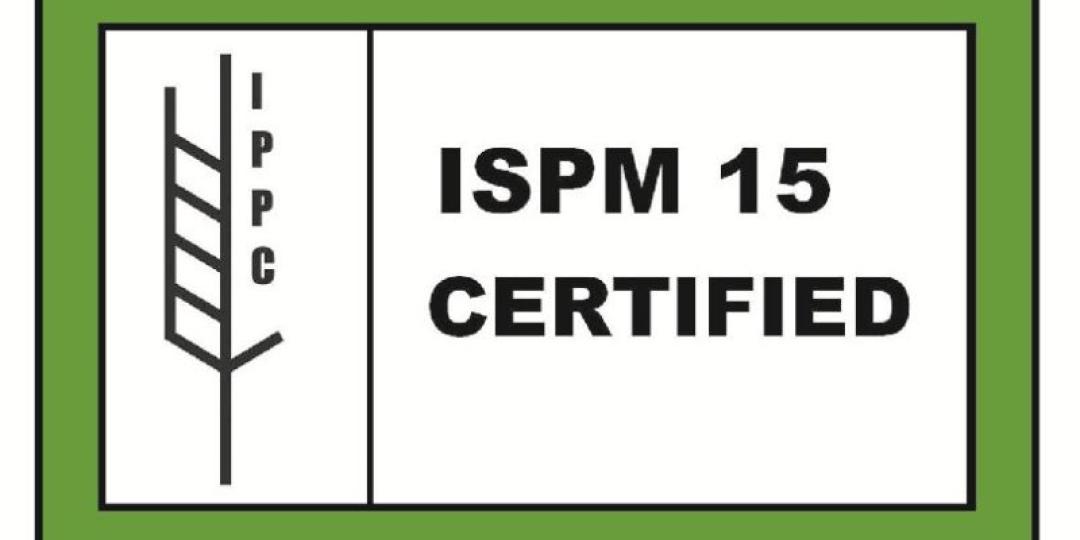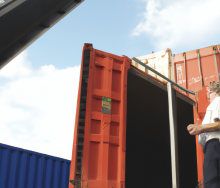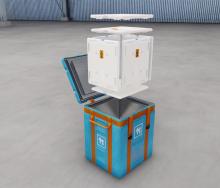While wooden pallets and wooden crates are typically used as a packaging solution when transporting goods – they may not meet international regulations when those goods cross country borders. Supply chain managers are faced with two options: make sure their wooden packaging complies with all regulations or use another packaging alternative.
ISPM-15 (International Standards for Phytosanitary Measures No. 15) is a regulation geared towards wooden packaging. It stipulates that all wood with a thickness greater than 6 mm that is transported across borders must be debarked and then heat treated or fumigated with methyl bromide as well as stamped or branded with a mark of compliance.
It is necessary as wooden packaging can be easily contaminated by bacteria such as e-coli and salmonella and inhabited with insects and pests. These bacteria can cause damage to the health of people who consume goods (food, medicine) stored in these crates and on these pallets while insects and pests can spread diseases and negatively affect plants or ecosystems in other countries.
“Aside from the additional cost and inconvenience, making your wooden crates and pallets ISPM-15 compliant can have a few negative consequences. Heat treating wood can make it brittle and weak and fumigating wood with methyl bromide is also undesirable. Methyl bromide is a highly toxic, ozone depleting material that is corrosive to the skin and eyes and has an unpleasant mouldy odour. It cannot be used to treat pallets used to transport food and pharmaceuticals,” explains Jan Vreken, director at Kimmo.
“A famous case demonstrating the adverse effects of methyl bromide was when McNeil Consumer Healthcare had to recall 60 million bottles of Tylenol and pay a US$25-million settlement to the US Department of Justice. Methyl bromide used to treat the wooden pallets that transported and stored Tylenol had contaminated the product. Users of the product complained about a musty odour, as well as mild cases of nausea, stomach pain and vomiting.”
Once treated, wooden packaging needs to be transported with a phytosanitary certificate and stamped with the ISPM-15 mark of compliance. Goods can be quarantined if the certificate is missing or has expired and if the stamp is illegible, missing or incorrect.
There are other options that are exempt from ISPM-15 – like products manufactured from honeycomb fibreboard technology, says Vreken. The KimmoBin, for example, is essentially a fibreboard crate that provides a cost-effective alternative to wooden crates, according to Vreken, while KimmoPallets are a strong and lightweight pallet option suited to air freight.










